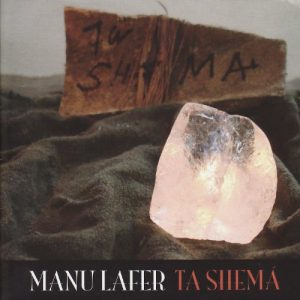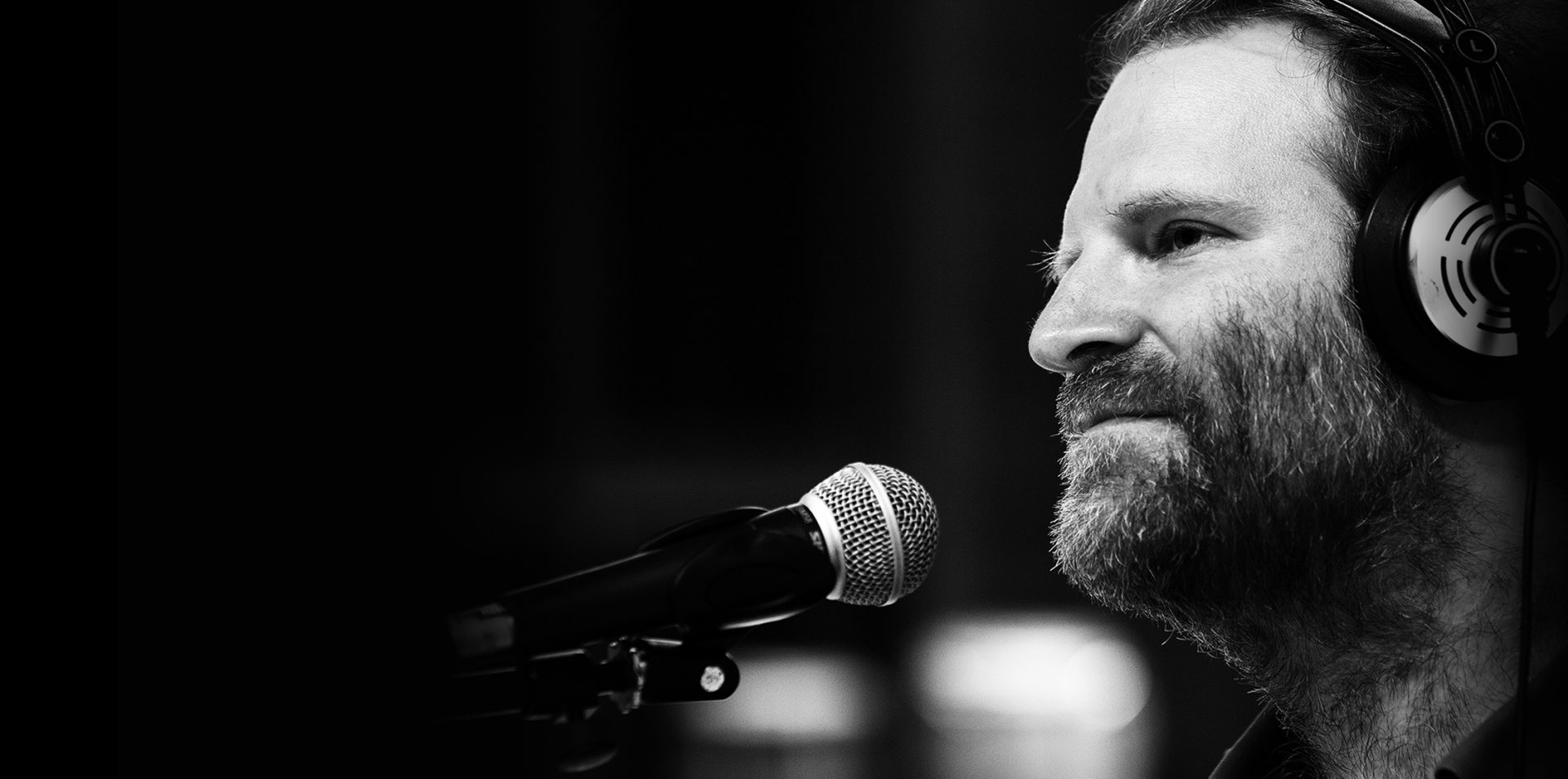
The album that came after the musical innovations of Grandeza was Ta Shemá was produced initially with the voice and guitar recording of the 13 tracks chosen from dozens of new songs in the way they were originally conceived, and then offered them up, unrestricted, to some of the most brilliant arrangers, each with their own distinctive, striking styles: Lincoln Olivetti, Jacques Morelembaum, Dori Caymmi, Luiz Brasil and André Mehmari. It is similar to what Marcos Valle achieved, in 1969, with Mustang Cor de Sangue.
The opening track, which lends its name to the album, is a Jewish expression that comes from the Aramaic and means “come, listen”. It attracted the attention of performers John Pizzarelli and Jessica Molaskey, who destined some of the album’s songs for airtime on their show Radio DeLuxe. Poesia e Prosa is another partnership with Danilo Caymmi, this time also with Antonio Candido de Mello e Souza, and it incorporates, both in the guitar and the vocals, the state of Minas Gerais, as does the track Mineira, which is remarkably concise with its lyrics. It is a kind of “mapping out” of Brazil’s diversity, while also reminiscent of the works from the Marcus Pereira label. The album caught the interest of the duo formed by guitarist Howard Alden and jazz singer Jeanne Gies, who recorded Window – The music of Manu Lafer, an album with lyrics translated to English.







